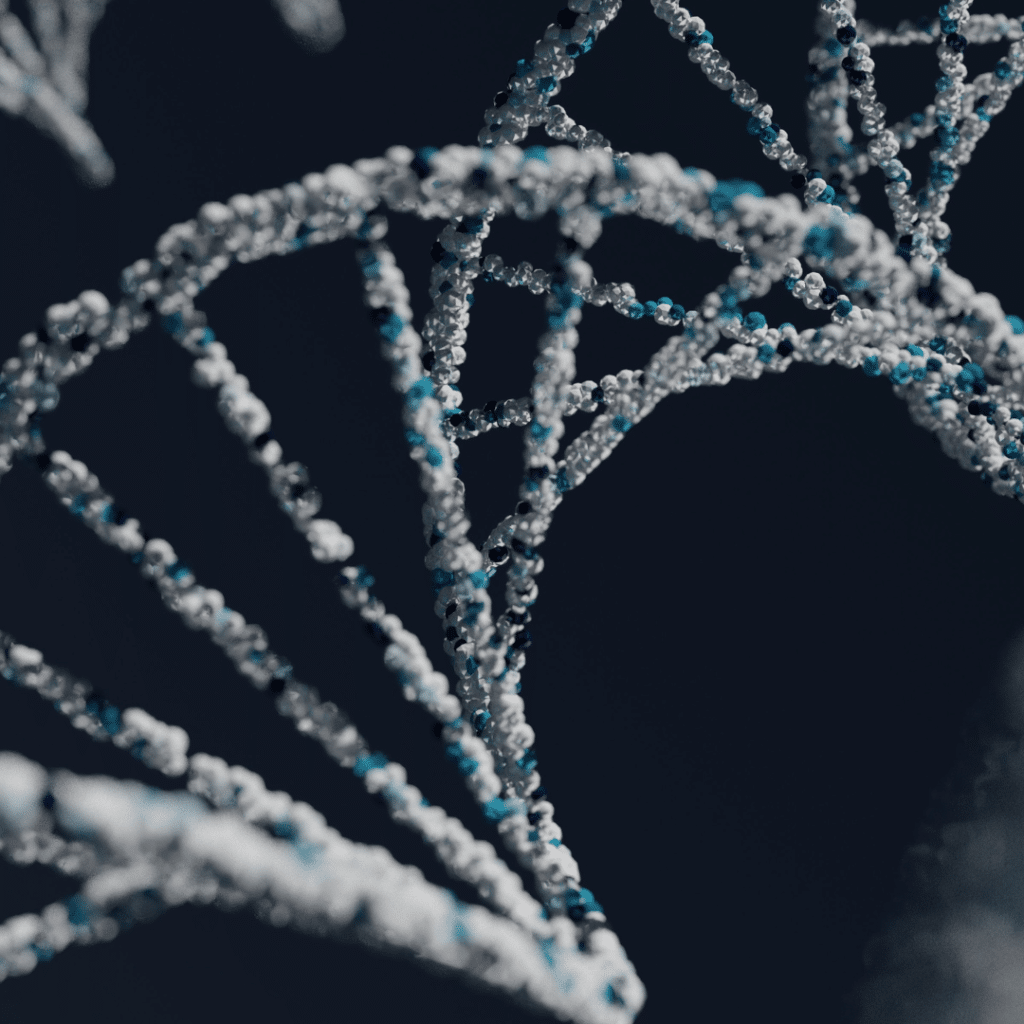
In the twists and turns of life, few conditions have stirred as much curiosity and concern as bipolar disorder. Bipolar disorder is a condition marked by emotional extremes. In today’s article we’re going to answer the question “Is bipolar disorder genetic?”. Genetics play a pivotal role in the landscape of mental health, serving as one of the foundational elements that influence the likelihood of developing various psychiatric conditions. This genetic blueprint, along with environmental factors, shapes the complexity of mental health disorders, such as bipolar disorder.

Key Takeaways
- Bipolar disorder has a significant genetic component, making it more likely to occur in individuals with a family history of the condition.
- The interplay between genetics and environment is crucial in understanding the development of bipolar disorder.
- Despite the genetic predisposition, not everyone with the genetic markers will develop bipolar disorder.
The Genetic Threads of Bipolar Disorder

Imagine your DNA as a vast library, each book telling a story of who you are, from your eye color to your predisposition to certain conditions. Within this library, researchers have been hunting for clues that point to bipolar disorder being part of the family legacy. And guess what? They’ve found some pretty compelling evidence.
Studies have shown that if you have a family member with bipolar disorder, your chances of having it too are significantly higher than someone without this family history. So yes, indeed, bipolar disorder has a genetic component. It’s like inheriting your grandmother’s piercing blue eyes or your father’s knack for storytelling. But it’s not a straightforward inheritance like passing down a family heirloom. It’s more complex, involving multiple genes and environmental factors.
Where Does Bipolar Come From? The Dance with Environmental Factors
While genetics play a major role, it’s the environment that is the trigger. Scientists believe that bipolar disorder results from a combination of genetic and environmental factors. It’s not just about the genes you’re born with; it’s also about how those genes interact with your environment. Stressful life events, substance abuse, and even changes in sleep patterns can play a significant role in the onset of bipolar disorder. It’s a delicate balance, a dance if you will, between what’s written in your genes and the world around you.
Imagine a seed (your genetic predisposition) planted in a garden (your environment). Some seeds will sprout regardless of the conditions, while others need just the right amount of sun and rain to grow. This is how bipolar disorder and genetics intertwine. The right (or wrong) environmental conditions can activate those genetic markers, leading to the development of bipolar disorder.

Does Bipolar Run in Families?
So, how does this genetic inheritance work and does bipolar disorder run in families? Let’s try to understand the inheritance factor. It’s not as simple as inheriting your mom’s curly hair or your dad’s height. Bipolar disorder’s inheritance is polygenic, meaning multiple genes contribute to it, each adding a layer of complexity to the condition. Researchers are still piecing together this puzzle, but what’s clear is that the inheritance factor is strong, making bipolar disorder a family matter in many cases. Research demonstrates that individuals with a first-degree relative (think parents or siblings) who have bipolar disorder are at a higher risk of developing the condition themselves.
Born This Way?
This brings us to the question: Are you born with bipolar disorder? The answer is a bit like a mosaic—made up of many pieces. While you may be born with a genetic predisposition to bipolar disorder, not everyone with these genetic markers will develop the condition. As mentioned above, it’s a complex interplay between genetics and life experiences that ultimately determines the onset of bipolar disorder.
Now, if you’re sitting there, worrying about the genetic cards you’ve been dealt, let us offer a glimmer of hope. Knowing about your genetic predisposition can be empowering. It’s a heads-up, a chance to be proactive about your mental health. With advances in treatment and support, many individuals diagnosed with bipolar disorder lead fulfilling lives, turning their challenges into opportunities for growth and understanding.
Final Thoughts
Is bipolar disorder genetic? While it’s clear that genetics play a significant role, they are not the only factor when it comes to bipolar disorder. It’s a complex interplay of genes and environment. This dual perspective highlights the complexity of the condition, reminding us that the path from genetic potential to actual diagnosis is neither direct nor inevitable. It’s not a destiny carved in stone but a factor to be aware of, a piece of the puzzle in understanding yourself and your family history.
Responsibly edited by AI
Other Blog Posts in
Animo Sano Psychiatry is open for patients in North Carolina, Georgia and Tennessee. If you’d like to schedule an appointment, please contact us.
Get Access to Behavioral Health Care
Let’s take your first step towards. Press the button to get started. We’ll be back to you as soon as possible.ecovery, together.




